What consolation in life can Arthur and I find after that defeat at the hands of Manchester United in the quarter-final replay of the FA Cup, and the manner of it? West Ham and their always hiding fortunes are, and always have been, real life for me; real life, only sport. My father first took me to Upton Park for the first game of the 1966–7 season against Chelsea. I was nine. Even then I had set my face against my father, but the subject of West Ham was a kind of no-man’s land between us, and until the day he died our relationship consisted entirely of conversation about a football team. (Even this was tinged with disdain after old Arsenal programmes discovered in the attic suggested an earlier allegiance.)
My father came from solid West Ham-supporting stock. His father and his father’s brother climbed over the turnstiles at the first-ever Wembley cup final in 1923, the famous ‘White Horse’ final between West Ham and Bolton Wanderers, when a good-natured crowd estimated at between 150,000 and 300,000 crammed into a new stadium designed for 125,000, and it wasn’t until a copper on a white horse cleared the pitch, and King George V turned up, and the crowd doffed its cap and composed its mind to sing the national anthem, that order was sufficiently restored for the match to proceed. And my father’s brother didn’t miss a West Ham home game between 1958 and 2001 — a statistic notoriously cited in his divorce papers. My brother, my sister, my nephew and my grandson are happy or demoralised according to West Ham’s results. Even my dear old Mum, who loves the Lord Jesus Christ, has found room in her heart, over the years, to be quite concerned, sometimes, about the sporting ups and downs of the former Thames Ironworks football team.
This season, the transformation of West Ham under new manager Slaven Bilic has been as unsurmised and dramatic as the Welsh nonconformist religious revival of 1905. Since Bilic took over, our emotional lives have been giddied by an amazing run of victories. Last week’s quarter-final Cup replay against Manchester United was the last FA Cup match to be played at the Boleyn Ground under the totemic floodlights before the club shifts to the new stadium. Many among the West Ham fans there that night will have been first taken there by their fathers and their fathers by their grandfathers. We happily squandered the enthusiasm of our youth on those terraces, and, after Mrs Thatcher made us all sit down, on plastic seats. On the increasingly rare occasions when I go to see West Ham these days, I drink in the pub first with the same chaps I have been drinking with on match days for 45 years. One in particular, Mick Gould, now brings Arthur, his nine-year-old son. Dear Arthur has joined his passionate nine-year-old heart to the tribe and lives and breathes West Ham.
I didn’t go to the game. I had a ticket, but circumstances dictated I give it up and watch on telly. During the days leading up to the match, I was Arthur’s age again and could think of little else. My future prosperity depended wholly on beating those Manchester United bastards and going on to play Everton in the semi-final at Wembley. What a party that would be! These days Everton are crap. Lukaku would score the first against us — it’s a law of Nature — then we’d brush past them and be in the final, a Wembley final, and before that, three delirious weeks of anticipation and planning the best day of our lives since the last time we were there. I was at Wembley in 1975 (won) and in 1980 (won). I was at the 2008 FA Cup final, which was played at Cardiff while Wembley was rebuilt (lost). My goodness we were so drunk. What an amazing finale to the end of an incredible season, and a joyful farewell to the Boleyn Ground, a Wembley FA Cup final would be! Could we even dare to hope? With Bilic and this team we felt we could. The passion of the Boleyn crowd was worth a goal start. What chance had the ordinary rules of cause and effect against the collective will of 30,000 spectators with their ancestors bawling over their shoulders?
We lost. The team froze under the weight of expectation and performed poorly. Worse still, from what I saw on the telly, so did the crowd until we got one back with a few minutes to go. Our bubble was well and truly pricked. ‘Arthur sobbed in the car all the way home’ was Mick’s terse, one-sentence text sent the next day. In my heart so did I, Arthur, mate; so did I.
Got something to add? Join the discussion and comment below.
Get 10 issues for just $10
Subscribe to The Spectator Australia today for the next 10 magazine issues, plus full online access, for just $10.


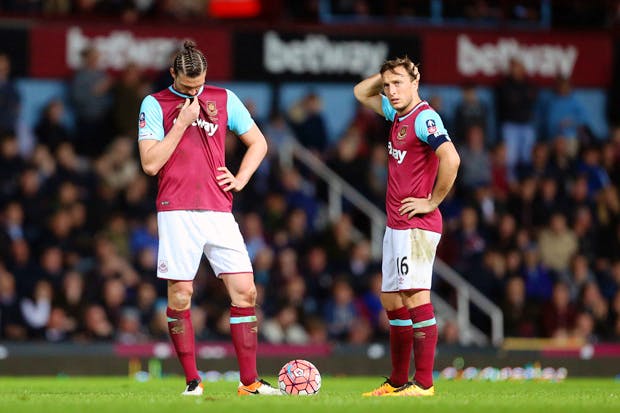

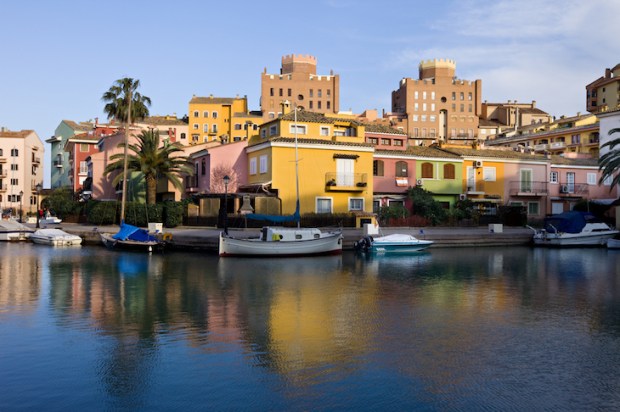

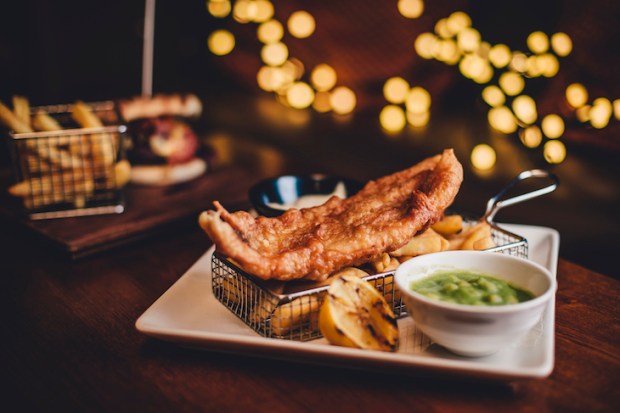
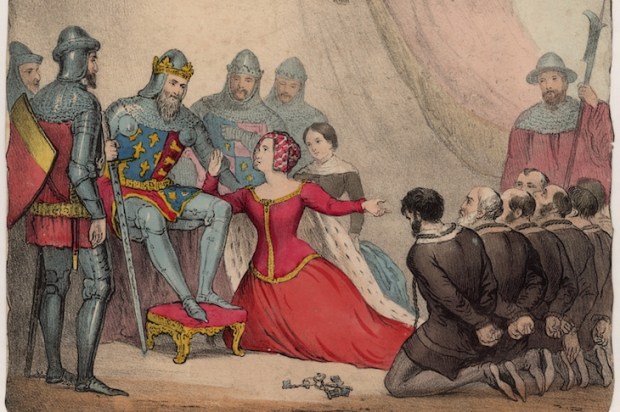

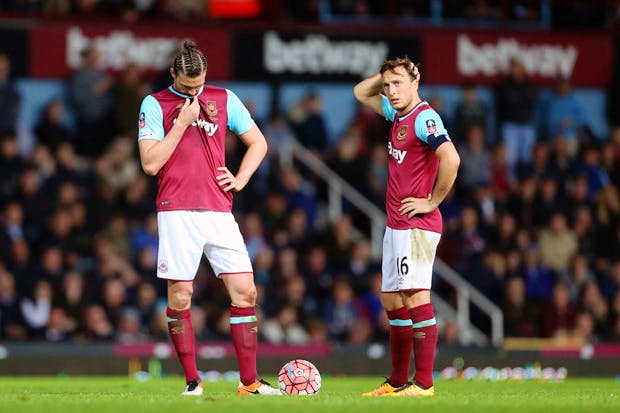






Comments
Don't miss out
Join the conversation with other Spectator Australia readers. Subscribe to leave a comment.
SUBSCRIBEAlready a subscriber? Log in